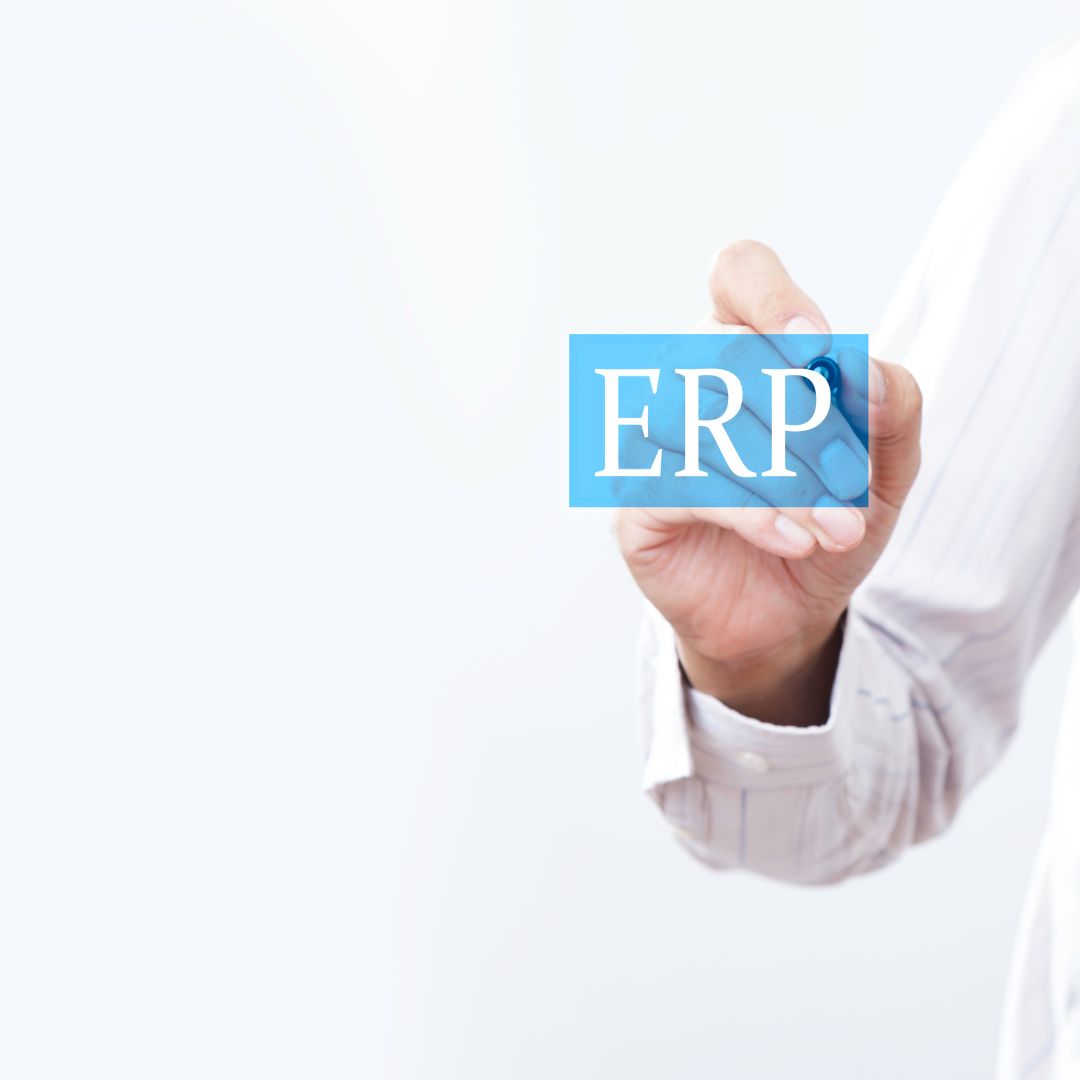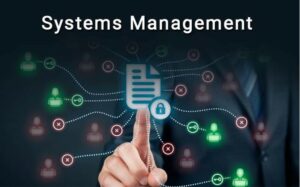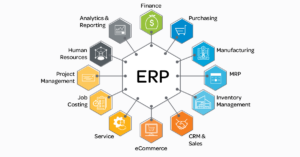In today’s fast-paced business environment, managing various organizational processes efficiently is crucial for success. This is where Enterprise Resource Planning (ERP) systems come into play. ERP is a transformative tool for businesses, large and small, streamlining operations and driving efficiencies. Let’s dive deep into what ERP is and how it works, drawing insights from industry leaders like Aptean.
What is ERP?
ERP stands for Enterprise Resource Planning. It’s a type of software used by organizations to manage and integrate important parts of their businesses. An ERP software system integrates areas such as planning, purchasing, inventory, sales, marketing, finance, human resources, and more. By consolidating these systems into one, ERP provides a holistic view of business operations, enhancing decision-making and efficiency.
How Does ERP Work?
At its core, ERP software works by centralizing data, processes, and resources across an organization. This centralization eliminates data silos, where different departments have separate systems and databases. With ERP, all departments access a single, unified database, ensuring consistency and accuracy of information.
Key Components of ERP Systems:
- Integrated Financial Management: ERP systems provide comprehensive tools for managing an organization’s financials, including accounts payable, accounts receivable, risk management, and tax management.
- Supply Chain Management: They streamline the entire supply chain process, enhancing inventory management, order processing, procurement, and logistics.
- Customer Relationship Management (CRM): ERP integrates CRM functionalities to help businesses manage customer interactions, sales, and after-sales services effectively.
- Human Resources Management: From payroll to performance reviews, ERP systems manage all aspects of human resources, aligning HR processes with business goals.
- Manufacturing and Production Planning: For manufacturing businesses, ERP aids in production planning, scheduling, and quality control.
Benefits of Implementing ERP:
- Improved Efficiency: By automating daily tasks and reducing manual entry, ERP systems save time and increase productivity.
- Enhanced Decision Making: With real-time data and analytics, ERP provides insights that help in making informed decisions.
- Cost Reduction: By streamlining operations, ERP systems help in reducing operational and administrative costs.
- Scalability: As businesses grow, ERP systems can be scaled to accommodate new processes and additional users.
- Better Compliance and Risk Management: ERP systems ensure compliance with industry regulations and help in risk management.
Choosing the Right ERP System: Selecting the right ERP system depends on several factors, including the size of your business, industry-specific needs, and budget. Cloud-based ERP solutions are becoming increasingly popular due to their scalability and lower upfront costs.
Implementation of ERP: Implementing an ERP system is a significant undertaking. It involves careful planning, customization, data migration, user training, and testing. It’s crucial to have a clear implementation strategy and involve all stakeholders in the process.
Conclusion
ERP systems are no longer just for large corporations. With the advent of cloud-based solutions, even small and medium-sized enterprises can leverage the power of ERP. By integrating various business processes, ERP systems not only streamline operations but also provide strategic insights, driving growth and efficiency. As we move further into the digital age, ERP systems will continue to be an indispensable tool for businesses looking to stay competitive and agile.










